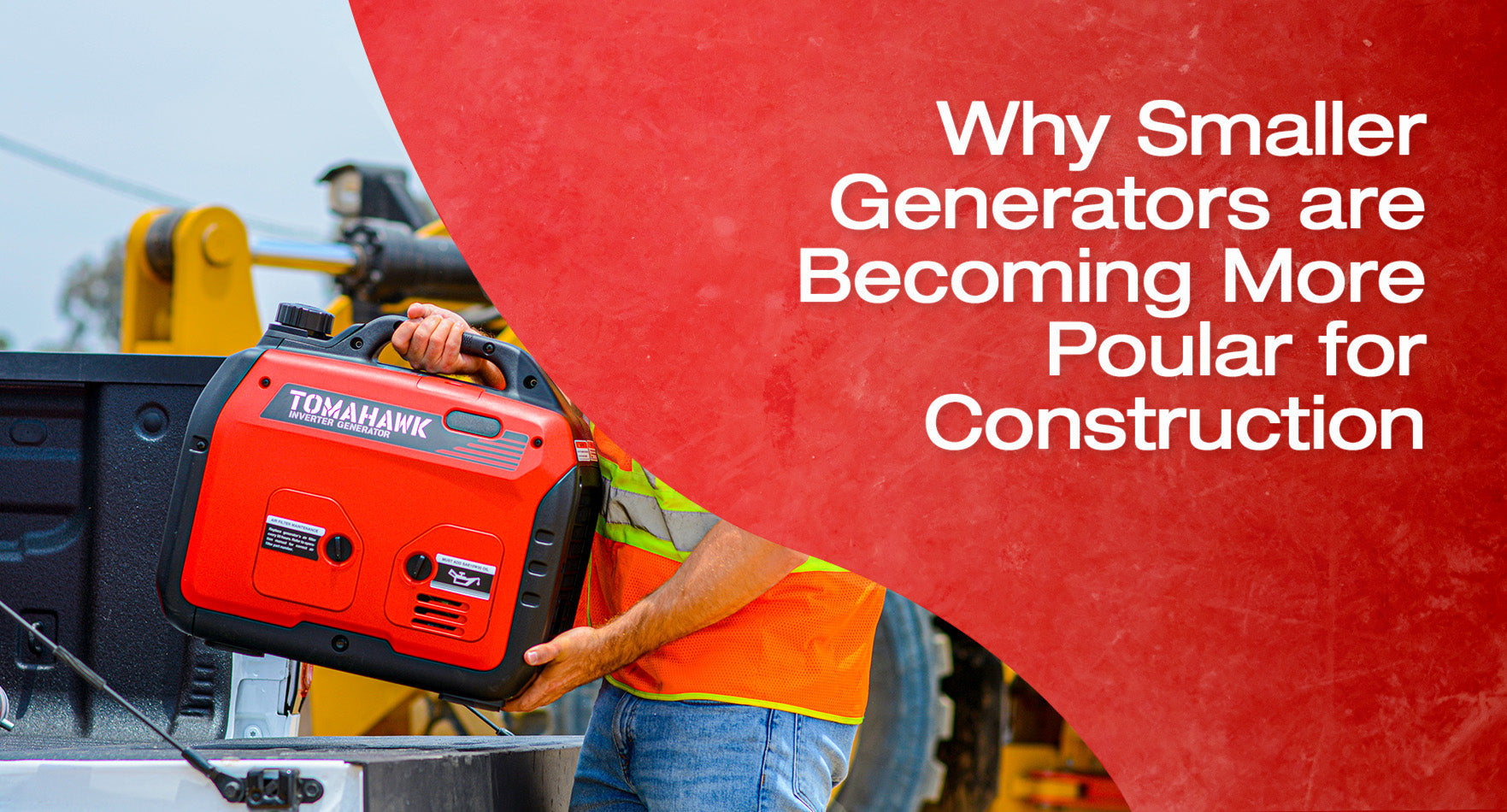Enhanced Portability and Convenience
1. Easy Transportation
One of the most significant benefits of smaller generators is their portability. These generators are lightweight and compact, making them easy to transport between different sites or various areas within a large site. Construction crews can quickly load and unload them from vehicles, enhancing mobility and reducing setup times.
2. Simplified Setup
Smaller generators are designed for quick and easy setup. They typically feature user-friendly controls and straightforward operating procedures, which means less time spent on figuring out the equipment and more time focused on the actual construction tasks.
Cost-Effectiveness
3. Lower Initial Investment
Smaller generators usually come with a lower price tag compared to their larger counterparts. This makes them an attractive option for smaller construction companies or contractors working on a tight budget. The lower initial investment allows more funds to be allocated to other critical areas of the project.
4. Reduced Operational Costs
These generators are more fuel-efficient, leading to lower operational costs. They consume less fuel while still providing adequate power for many construction needs. This efficiency translates to savings over the long term, particularly in projects where the generator is used frequently.
Versatility and Flexibility
5. Power for Essential Tools
Smaller generators are often capable of powering a wide range of essential construction tools and equipment, such as drills, saws, lighting, and small compressors. This versatility makes them suitable for a variety of tasks, ensuring that critical operations can continue without interruption.
6. Ideal for Small to Medium-Sized Projects
For many small to medium-sized construction projects, the power demands are not as extensive as those of larger projects. Smaller generators can easily meet these demands, providing a reliable power source that fits the scale of the work being done.
Environmental Considerations
7. Lower Emissions
Many smaller generators are designed to be more environmentally friendly, with lower emissions compared to larger models. This makes them a better choice for construction companies aiming to reduce their carbon footprint and comply with environmental regulations.
8. Noise Reduction
Noise pollution is a concern on construction sites, especially in residential or urban areas. Smaller generators tend to operate more quietly, reducing noise levels and contributing to a more pleasant working environment. This can be crucial in maintaining good relationships with neighbors and adhering to local noise ordinances.
Practical Advantages
9. Ease of Storage
When not in use, smaller generators require less storage space. Their compact size means they can be easily stored in construction vehicles, onsite storage areas, or even smaller storage units, freeing up valuable space for other equipment and materials.
10. Backup Power Solutions
Smaller generators are excellent as backup power solutions. In the event of a power outage or the failure of a primary power source, a smaller generator can quickly be deployed to keep essential tools and equipment running, minimizing downtime and maintaining productivity.
Technological Advancements
11. Improved Efficiency
Advancements in generator technology have led to smaller models that are incredibly efficient. They can provide steady, reliable power without the bulk and weight of older models. Features such as inverter technology ensure that the power supplied is clean and stable, suitable for sensitive electronic equipment.
12. User-Friendly Features
Modern smaller generators come equipped with features that enhance usability, such as electric start, multiple power outlets, and digital displays. These features simplify operation and monitoring, making them accessible even to those with minimal technical expertise.
Conclusion
The growing popularity of smaller generators in the construction industry can be attributed to their portability, cost-effectiveness, versatility, environmental benefits, practical advantages, and technological advancements. These compact power sources meet the evolving needs of modern construction projects, providing reliable and efficient power while enhancing overall productivity and convenience. As construction continues to evolve, the demand for smaller, more efficient generators is likely to increase, solidifying their place as an essential tool on construction sites.










